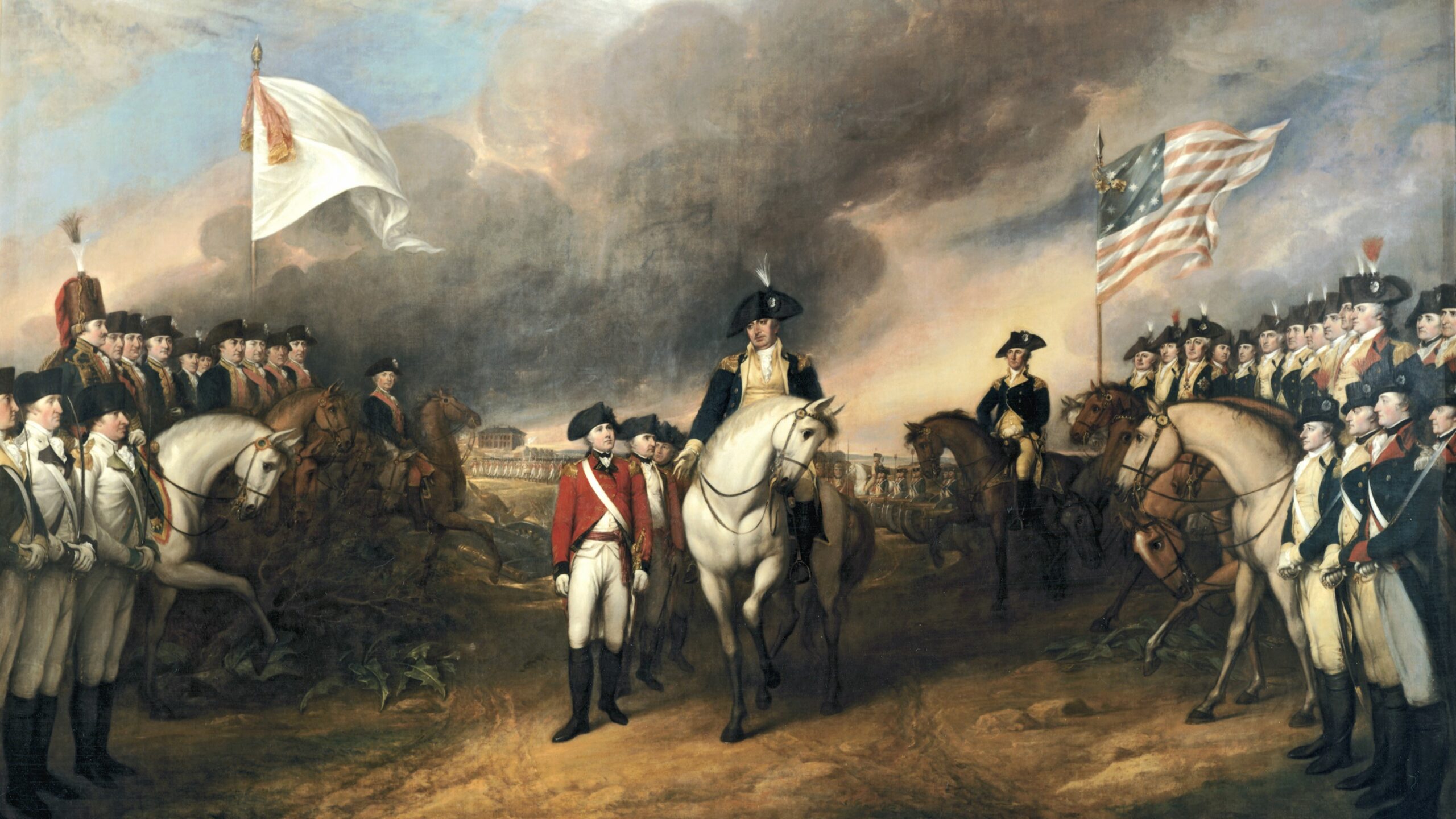Nationalism, as complex it may be, is arguably the most salient, if not the most successful political ideology of modern times. It is highly diverse and differs from nation to nation in key aspects. And, as history has shown us, it has been used to divergent ways, both to conquer and to liberate, both to build democracy and to establish autocracy, and it has been utilized in both leftist and right-wing movements, like LGTBQ+ with the former and Brexit with the latter.
On the surface, nationalism tends to have a negative connotation, especially after the rise of the National Socialists in Germany. This was due to the fact that Adolf Hitler was the first and only leader of an industrialized nation to bring a country out of the Great Depression prior to the start of World War II. Subsequently, he was able to indoctrinate most of the German populace to devote themselves to the Aryan nation-state, vis-à-vis himself. For this reason, U.S. President Donald Trump with his ‘America First’ or Hungarian Prime Minister Viktor Orbán with his anti-EU, anti-LGTBQ+ and anti-immigration agendas have been denounced as ill-bred nationalists who have respectively governed their respective countries in an anti-American and anti-European manner. In truth, their critics fail to disclose how Trump’s (Democrat and Republican) opponents have steered the U.S. into a socio-cultural and financial disaster, and how Orbán has actually maintained Hungary’s Christian roots, which are those of European society, too.
The Concept of Nationalism
Nationalism, as defined by Merriam-Webster Dictionary, is ‘loyalty and devotion to a nation, especially: a sense of national consciousness…exalting one nation above all others and placing primary emphasis on promotion of its culture and interests as opposed to those of other nations or supranational groups’. It is an evolution from the concept of patriotism—love of place, countrymen, and local traditions—in that the borders of a state should match the homeland of a nation.
The term nationalism was coined by Augustine Barruel during the French Revolution in 1789 when the French people no longer wished to live as subjects of an absolute monarchy but as free citizens. In this sense, nationalism was inclusive, open to all who had a determined mindset and allegiance to the nation-state.
Nationalism can also be based on ethnic, cultural, linguistic, or religious affiliation, such as the Hebrews described in the Bible. As the self-proclaimed Chosen People of God (Deuteronomy 7, 6-8; 2 Samuel 7, 23-24), the Jews of old, because of their covenant with God and their Messianic expectancy, were a nation to their own—paradoxically, this concept was exploited by the National Socialists who fancifully saw themselves as the superior race, for which they had to eliminate the inferior races, the Jews in particular.
In contrast to liberalism, as formulated by the English philosopher John Locke (1632-1704), nationalism stems from the human understanding that man is a socio-political being that needs to carve out space for their individualism. This territory becomes an intrinsic part of the nation’s identity. This feature compels the citizenry to appreciate and safeguard the borders of the nation-state they identify with against unwanted immigration, foreign invasion, or any undesirable foreign influence. This, in part, led in the twentieth century to the genocide of more than one million Armenians by the Ottoman Turks during World War I.
On the positive side, nationalism was central to some of the greatest movements for freedom and justice since the late eighteenth century. Examples include American self-determination, which overthrew the oppressive British Crown of George III in 1776, and the movements that aimed to overthrow the racially and economically exploitative colonial regimes in the twentieth century, like the one in India led by Mahatma Gandhi who identified himself as a fierce nationalist, though ‘not devised to harm any nation or individual’.
A common foe of nationalism is globalism, which Samuel T. Francis had described as a ‘cosmopolitan or universalist ethic that rejects or demotes the concrete and historic institutions, norms, and identities by which human beings discipline themselves, while supporting an abstract and universal norm of “humanism” under which the universal attributes of human nature take precedence over the norms of nationality and traditional culture (as well as those of specific religious profession, region, class, sexuality, ethnicity, and other sources of particularistic norms)’.[1]
This is why the Patriarch of Moscow Kirill supports the war in Ukraine as a defense of a Christian civilization against a depraved secular culture that has taken root in what it calls ‘the West’. Indeed, he claims that the sins of Russian soldiers who die fighting in Ukraine will be washed away.
Leaders who carry the banner of nationalism recognize that they need strong administrative, economic, and military incentives to shape their inhabitants into nations. Without this, their task to successfully contend with other states in the international environment would be in vain. Encouraging a profound sense of common identity, as President Ronald Reagan had done for Americans in the 1980s, especially after the disastrous situation he inherited from President Jimmy Carter, fosters, at least in theory, unity, subsequently convincing citizens to make individual sacrifices for the common good of the nation-state.
Nationalism as Isolationism
A recent component of nationalism in the U.S. has been the driving force of Jeffersonian isolationism by Donald Trump. Thomas Jefferson was of the idea that American intervention abroad leads only to endless war, the enrichment of corporate elites, and the erosion of American democracy—this was also shared by George Washington who, in his Farewell Address, warned the nascent nation getting involved in the affairs of foreign governments.
This sentiment had resurfaced in the U.S. as a potent force on both the right and the left after President George W. Bush’s atrocious invasions in Afghanistan in 2001 and in Iraq in 2003, and under the Biden administration, which entangled the U.S. in the wars in Gaza and in Ukraine. The prevalent nationalist thesis, in contrast to those seeking revolutionary change who are communist or Islamist totalitarians, is that democratization is not always the proper approach, even with authoritarian regimes, particularly if they are friendly to the U.S. There is a paradox to this, especially given the global criteria of today.
Former U.S. Secretary of State and National Security Adviser Condoleeza Rice, in a recent article titled ‘The Perils of Isolationism: The World Still Needs America—and America Still Needs the World’, forewarned how China, Russia, and Iran would fill the political vacuum if America embraces an absolute nationalist policy of isolationism.
Nationalism, pending on what brand is promoted, should not be opposed to liberalism. Some believe they cannot coexist, though the former has always been able to adapt to whatever political, social, or cultural ambiance it found itself in. In the end, nationalism, which is here to stay, can be both positive and negative, as history has shown.
[1] Samuel T. Francis, ‘American Conservatives and the Globalist Challenge’, America Asleep: The Free Trade Syndrome and the Global Economic Challenge. Washington, DC, United States Industrial Council Educational Foundation, 1991, 132-133.
Related articles:








